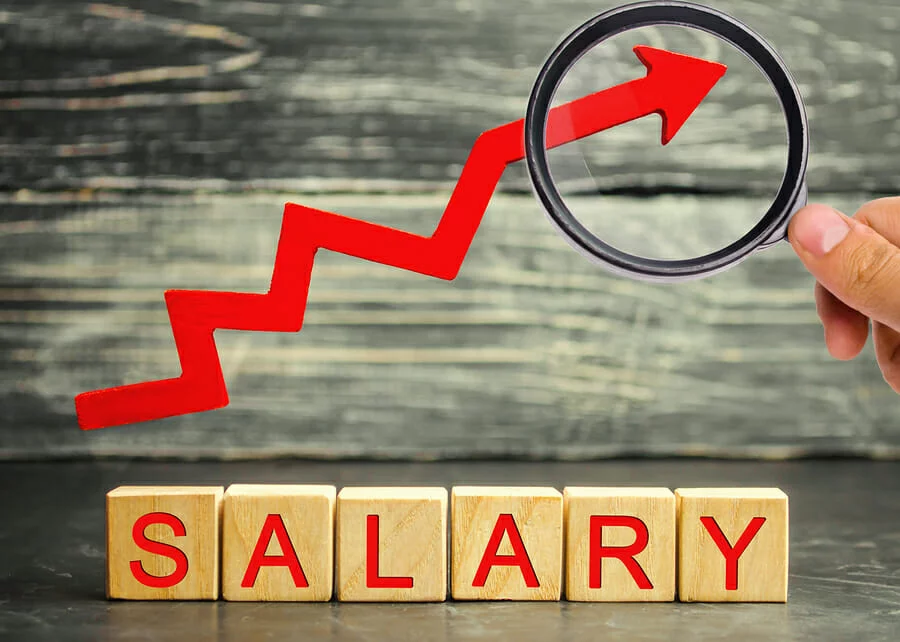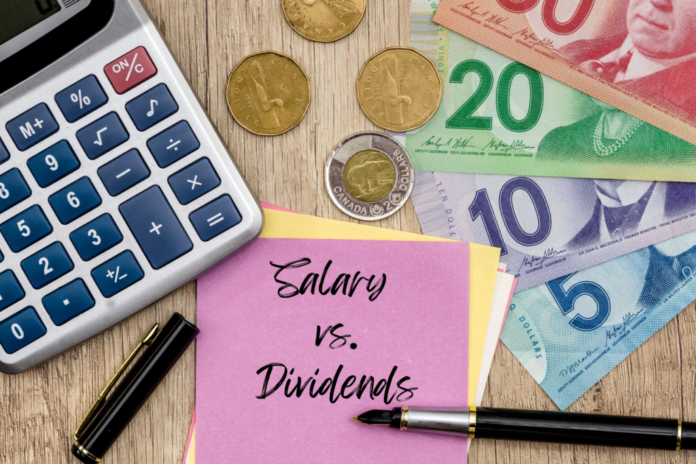There are two types of investments in Canada, which are sometimes easy to understand. One is called a dividend, and it’s how companies pay you back for their investment in your company. The other is called salary, which pays you monthly money as part of your employment contract.
This can be unclear because some people think there’s only one type of payment when there are two! Let’s look at the difference between dividends vs salary so that you can make an informed decision about how best to invest your money in Canada.
What is a dividend?
Dividends are distributions made by a company to its shareholders. It’s usually paid out of the company’s profits, so there will be no dividends if there are no profits.
Dividends can be paid in cash or shares. The latter is better because it allows you to buy more shares at lower prices than if they were available on their own (i.e., without paying out any additional money).
And unlike salaries, which are taxed immediately upon receipt regardless of whether you keep them, dividends aren’t taxed until you receive them.
How much tax must you pay when receiving Canadian dividends?

The tax rate you have to pay on dividends depends on the province in which you live. For instance, if you live in British Columbia, the tax rate is 15%, while if you live in Newfoundland or Labrador, it’s 32%.
The average tax rate for a Canadian with a salary of $50,000 is about 42%. If this same person received taxable dividends from their employer at $100 per year (which would amount to about $1,200 per month), their total income would be taxed at approximately 53% – not bad considering that they’re paying less than half as much in taxes as someone earning only a salary!
What’s the difference between dividends vs. salary?
Dividends are a form of income that you receive from a company. They’re usually regular, predictable, and consistent. You can therefore plan your financial life around them.
Salary and wages are not like that: they aren’t predictable or consistent; they’re more like a random windfall (exactly what they sound like). Salary is often paid quarterly or annually, and although you might think that paying taxes on it would mean having to pay those quarterly or annual amounts again, this isn’t true! When we say “paying taxes,” we mean “paying all applicable personal income tax on the amount.”
You need to know the difference between dividends and a salary

Dividends are paid out of company profits, which is money already earned by the business. Salaries are paid out of revenue, which also comes from existing income. Still, it’s less because it’s typically smaller than what you’d get in dividends (you can see this better if you think about how much your employer would pay for rent). In short: dividends are taxed at personal levels, while salaries are taxed once you withdraw them yourself later on down the road when retirement comes around again.
Conclusion
The best way to fully understand the difference between dividends and salary is by looking at both sides. A dividend is a payment made to the company’s shareholders that are paid out in cash or stock. You are paid a portion of your company’s profits, reducing the taxable income you have for tax purposes.









